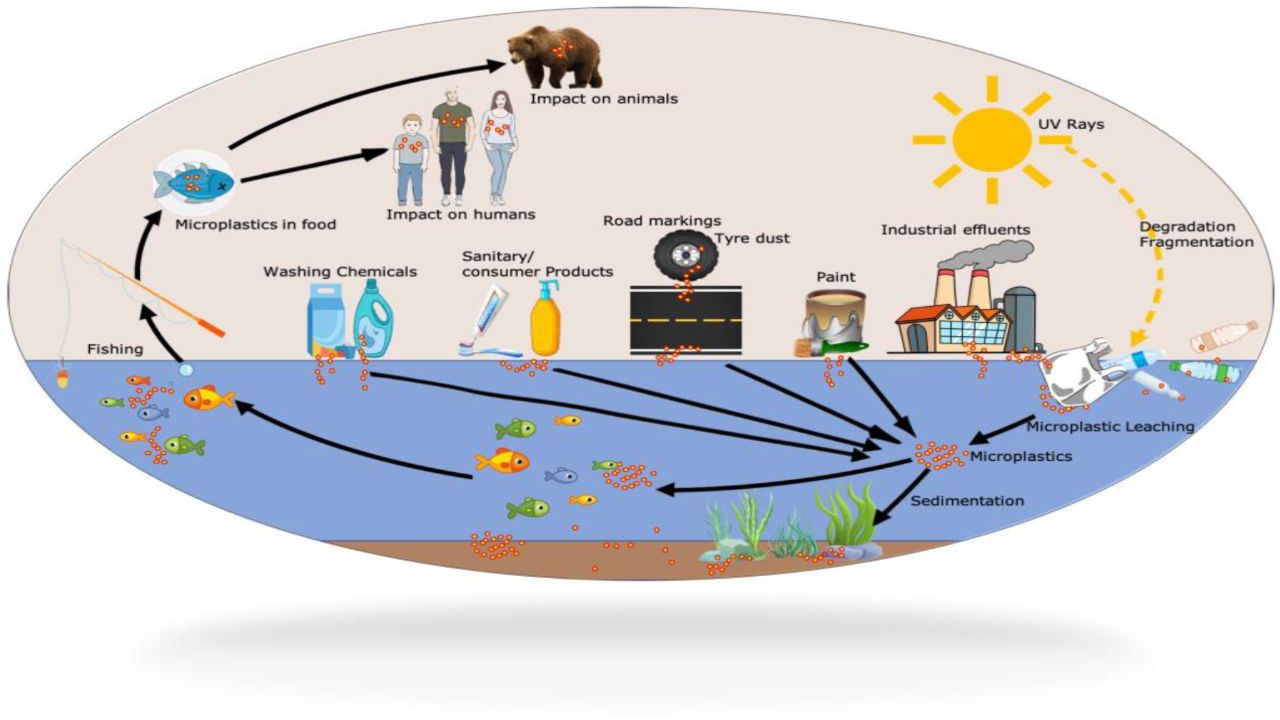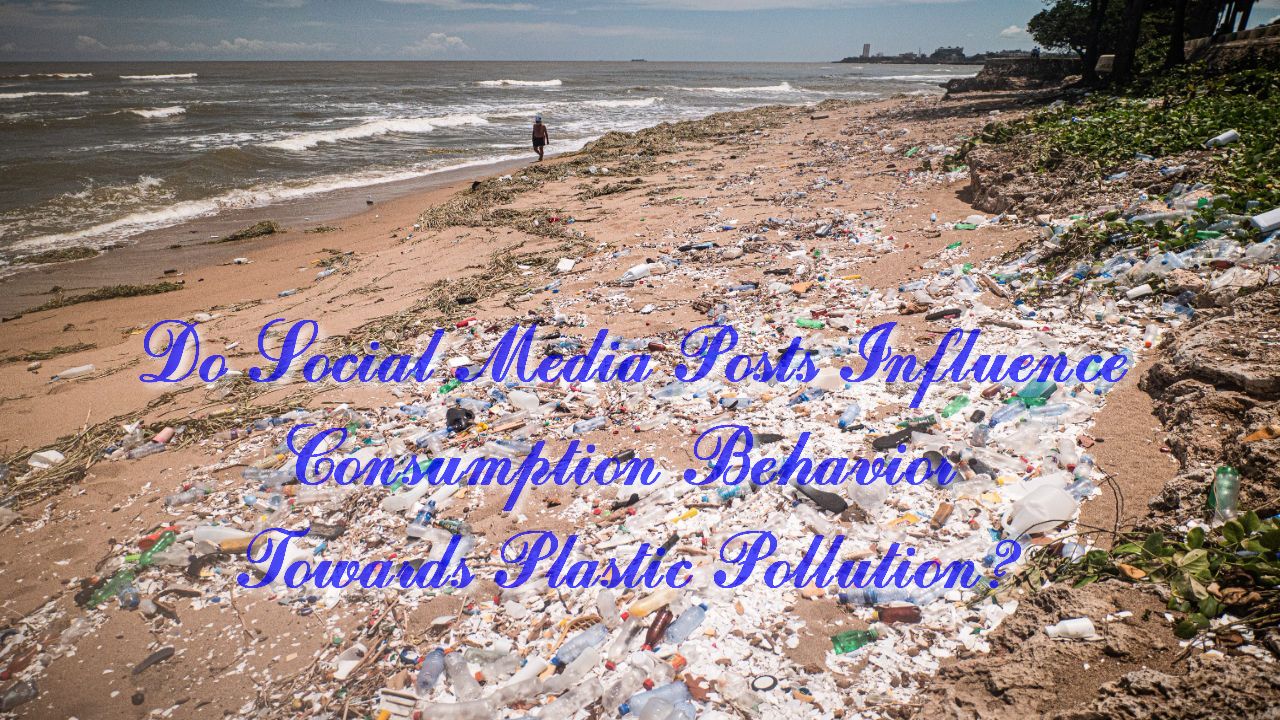In today’s interconnected society, the impact of social media on our daily lives cannot be overstated. From shaping our opinions to influencing our purchasing decisions, the platforms we engage with wield considerable power. One pressing issue that has garnered significant attention in recent years is plastic pollution. With the rise of environmental consciousness, many wonder: do social media posts have the potential to influence consumption behavior towards plastic pollution?
Awareness Campaigns

Social media serves as a powerful tool for spreading awareness about environmental issues such as plastic pollution. Platforms like Instagram, Twitter, and Facebook allow users to share informative posts, eye-opening statistics, and compelling visuals with a global audience. Many users have utilized social media to showcase some solutions to combat plastic pollution. This includes initiatives like recycling big trash bags like 55-gallon bags into eco-friendly ones. Through captivating content, awareness campaigns can educate individuals about the detrimental effects of plastic pollution on the environment and wildlife, encouraging them to reconsider their consumption habits.
Influencer Impact
Influencers, with their large followings and persuasive abilities, play a crucial role in shaping consumer behavior. Many influencers have taken it upon themselves to advocate for sustainability and eco-friendly alternatives, including reducing plastic usage. By partnering with brands that promote environmentally conscious products or initiatives, influencers can inspire their followers to make more sustainable choices in their daily lives.
Community Engagement
Social media platforms facilitate the formation of online communities centered around environmental causes. These communities provide a space for individuals to share tips, resources, and success stories related to reducing plastic waste. By fostering a sense of belonging and collective responsibility, social media encourages individuals to actively participate in the fight against plastic pollution, whether through individual actions or community-driven initiatives.
Viral Challenges

Viral challenges have become a popular phenomenon on social media, capturing the attention of millions worldwide. Campaigns such as the “Trash Tag Challenge” encourage users to clean up litter in their communities and share their efforts online. By harnessing the power of social media algorithms and user-generated content, these challenges can spark widespread engagement and inspire individuals to take tangible steps towards reducing plastic pollution.
Brand Accountability
In an era of heightened consumer awareness, brands are under increasing pressure to demonstrate their commitment to sustainability. Social media provides a platform for consumers to hold companies accountable for their environmental practices, including their use of plastic packaging. By amplifying consumer voices and raising awareness about unsustainable practices, social media can compel brands to adopt more eco-friendly alternatives and prioritize environmental stewardship.
In conclusion, social media undoubtedly plays a significant role in influencing consumption behavior towards plastic pollution. Through awareness campaigns, influencer advocacy, community engagement, viral challenges, and demands for brand accountability, these platforms have the power to educate, inspire, and mobilize individuals towards more sustainable choices. As we continue to navigate the digital landscape, harnessing the potential of social media as a force for positive change in the fight against plastic pollution remains essential.

